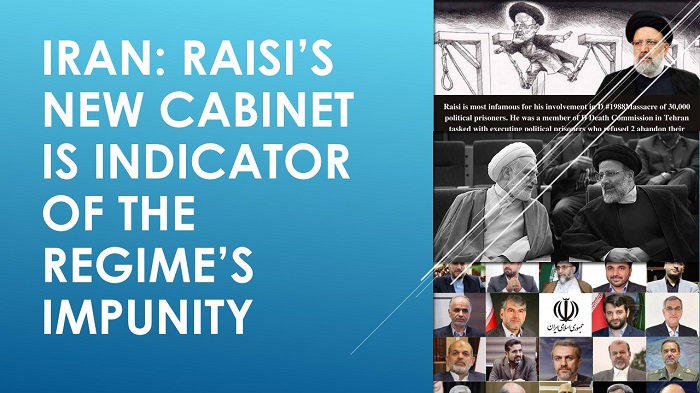The Iranian regime’s parliament recently got a list of potential cabinet nominees from Ebrahim Raisi, the regime’s newly “selected” president. On August 5, Raisi was sworn in for his first four-year tenure.
The strategy of consolidating power
There is little doubt that those nominations will be ratified by parliament, which is widely expected to act as a rubber stamp for Raisi’s initiatives in the months ahead.
His “selection” on June 18 was part of a strategy of consolidating power inside the government that began in earnest with the February 2020 faux parliamentary elections.
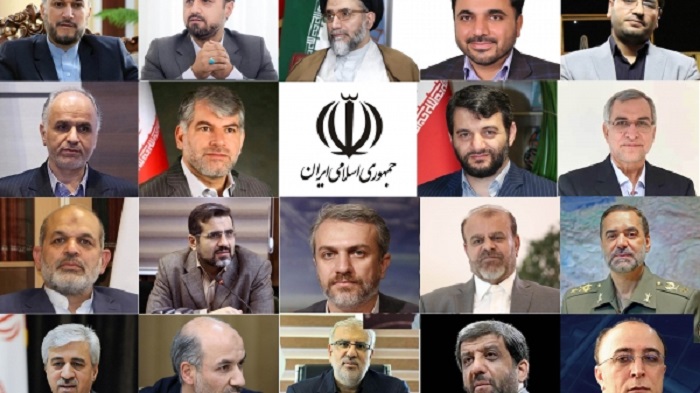
Public awareness of Raisi’s record
The election boycott was spurred by public awareness of Raisi’s record, which included not just his leadership of the judiciary following the November 2019 crackdown, but also his significant role in a massacre of political prisoners more than three decades ago.
As deputy public prosecutor for Tehran in 1988, Raisi played a key part in the establishment of a “death commission” in the capital city in response to a fatwa issued by the regime’s founder, Ruhollah Khomeini. The members and supporters of the opposition movement, the People’s Mujahedin of Iran (PMOI / MEK Iran), were deemed to be “waging war on God” in the fatwa, and everyone who remained loyal to the MEK was to be immediately executed. During a three-month period, nearly 30,000 political prisoners were executed.
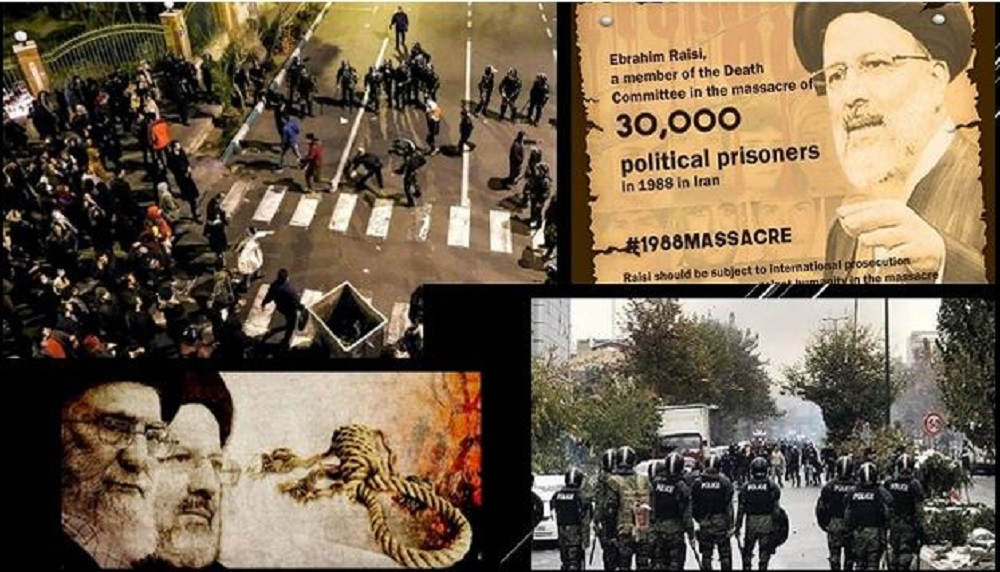
Khamenei has basically achieved his purpose
Raisi was replaced as head of the judiciary by his deputy, Gholamhossein Mohseni Ejei, who has a history of human rights violations and is currently sanctioned by the US and Europe.
Between this and the seizure of the parliament, Khamenei has basically achieved his purpose, while also laying the groundwork for a new round of Tehran’s usual malign activity. Raisi’s planned cabinet choices will only exacerbate the trend, with repercussions not only for domestic repression’s regular targets but also for the international community.
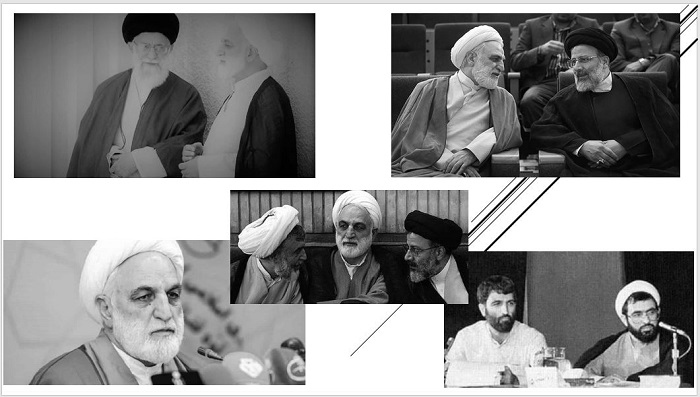
Revolutionary Guards is prominently featured
In Raisi’s list of potential government advisors, the Revolutionary Guards (IRGC) is prominently featured.
Esmail Khatib, the designated Intelligence Minister, has years of experience with the regime’s hard-line paramilitary organization’s intelligence branch, and Hossein Amir Abdollahian, the would-be Foreign Minister, had close ties to the notorious IRGC Quds Force commander Qassem Soleimani, who was killed in Iraq in January 2020 by a US drone strike.

Tehran’s top terrorist operative before Soleimani
Ahmad Vahidi, Raisi’s nominee for Interior Minister, served as Tehran’s top terrorist operative before Soleimani.
Interpol has issued an active order for his arrest in connection with the 1994 bombing in Argentina. Raisi has chosen Mohammad Mehdi Esmaili to oversee the Ministry of Culture, despite his previous efforts to the transmission of propaganda through Iranian state media earning him the title of “face of the revolution” by IRGC leadership.
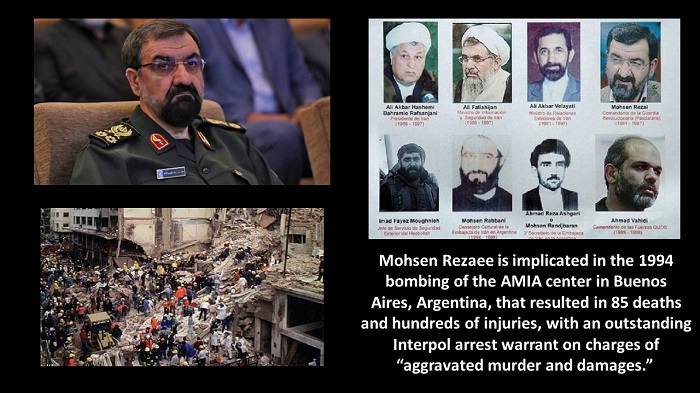
Coronavirus outbreaks aggravated
Bahram Einollahi, Raisi’s potential Health Minister, was previously a clinical deputy to the IRGC. That affiliation is terrible news for the Iranian people, who are still suffering from coronavirus outbreaks aggravated by regime practices such as delegating vaccine distribution to IRGC front firms.
Although more paramilitary influence over the administration is the last thing Iran needs, it was one of the first things experts predicted once Khamenei began installing his cronies in nominally elected positions. The international community’s need for more robust policies was highlighted by Raisi’s presidential appointment.
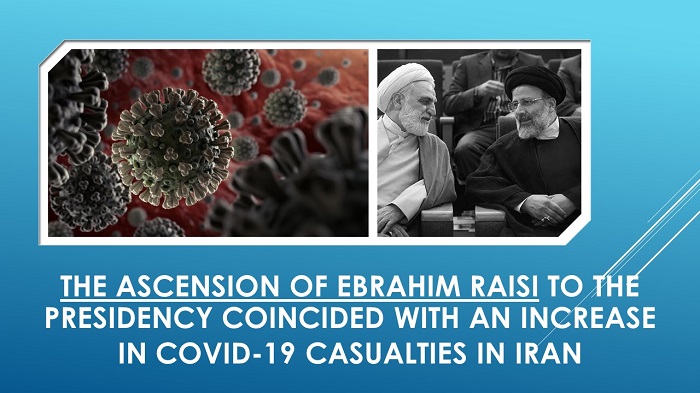
MEK Iran (follow us on Twitter and Facebook)
and People’s Mojahedin Organization of Iran – MEK IRAN – YouTube


